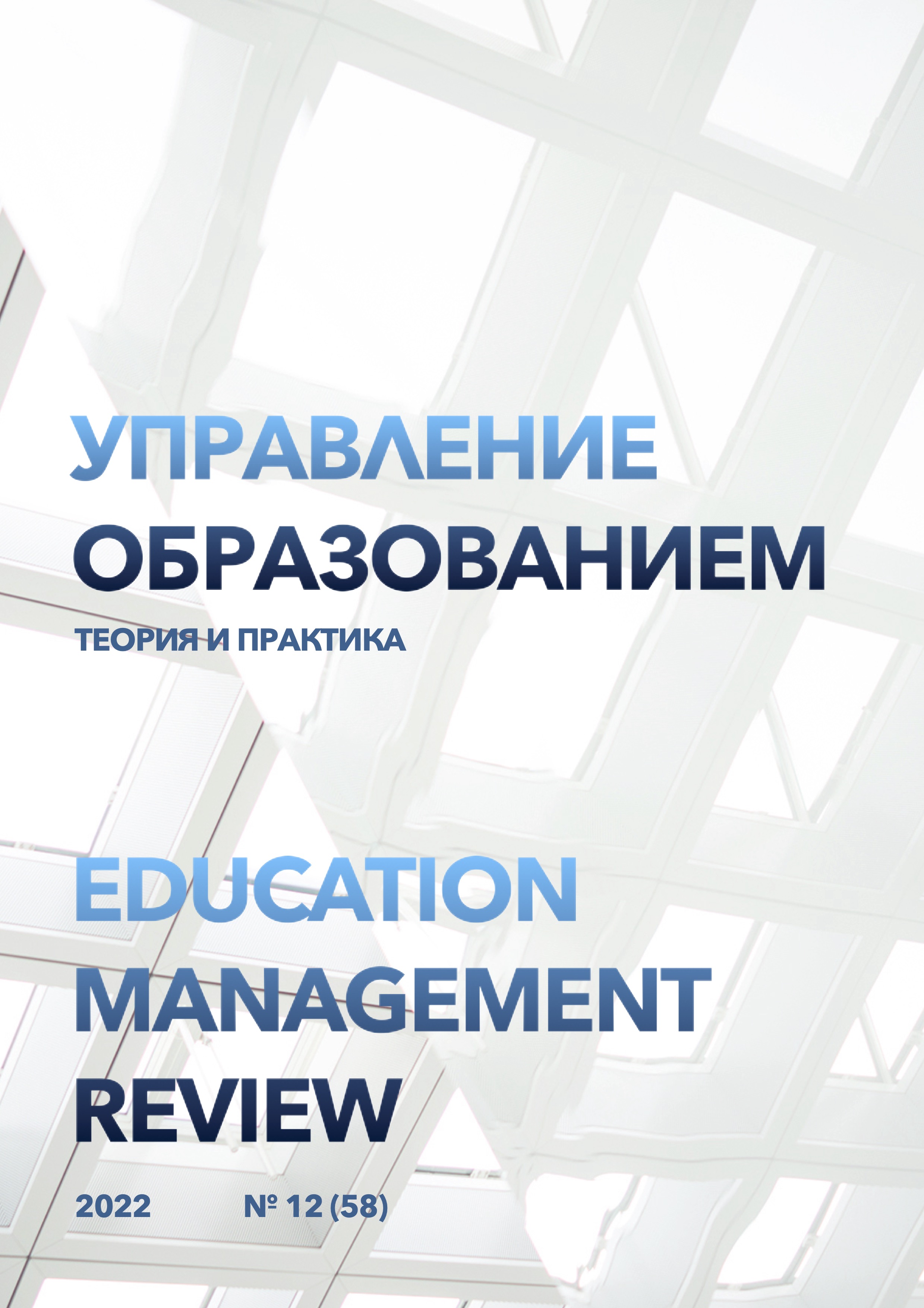Theoretical foundations of the use of thematic quests in teaching native and foreign languages to high school students
DOI:
https://doi.org/10.25726/e7065-9148-7093-lKeywords:
quest, game technologies, foreign language, native language, distance learning, communicative communicationAbstract
In this article, the authors justify the use of the quest for the formation of socio-cultural competence in the process of teaching native and foreign languages in high school. Researchers often consider the quest as one of the intellectual types of the game. According to researchers, quests are not just games, they are a kind of project activity that is based on material extracted from the Internet. Using the information received, students systematize it and plan their future professional activities. Web quests are a means of Internet education, the purpose of which is to acquire knowledge about the culture, history, realities and traditions of the country whose language is being studied; expand linguistic horizons through the country-specific information contained in the language being studied; they help to realize the essence of linguistic phenomena, concepts of another system through which reality can be perceived. When preparing for a lesson with the inclusion of information technology, the teacher should remember that it is important to observe the basic didactic principles in the selection of educational material (the principle of systematicity and consistency, accessibility, differentiated approach, scientific, etc.). At the same time, it must be borne in mind that the computer does not replace the teacher.
References
Кондусова Л.В. Технология веб-квест как средство формирования ИКТ компетентности // Информатика: проблемы, методы, технологии: сб. материалов XVI междунар. науч.-метод. конф. Воронеж, 2016. С. 341-343.
Куриленко Н.В. Веб-квест как инновационная технология формирования экологической компетентности учащихся в процессе обучения физике // Естественнонаучное образование и наука для устойчивого развития Украины: проблемы и перспективы. Сумы, 2014. С. 103-108.
Ломега Л.С. Технология квест как условие развития информационной компетентности учащихся // Электронный научный журнал. № 3 (6). 2016. С. 164-166.
Николаева Н.В. Образовательные квест-проекты как метод и средство развития навыков информационной деятельности учащихся. http://rcio.pnzgu.ru/vio/07/cd_site/Articles/art_1_12.html
Осяк С.А., Султанбекова С.С., Захарова Т.В., Яковлева Е.Н., Лобанова Е.Н., Плеханова Е.М. Образовательный квест – современная интерактивная технология // Современные проблемы науки и образования. 2015. № 1-2. https://www.science-education.ru/ru/article/view?id=20247
Трайнев В.А., Теплишев В.Ю. Новые информационные коммуникационные технологии в образовании: информационное общество. Информационно-образовательная среда. Электронная педагогика. Блочно-модульное построение информационных технологий. М.: Дашков и К, 2009. 318 с.
Шмидт В.В. Технология веб-квеста при обучении английскому языку учащихся неязыковых специальностей. http://winner.se-ua.net/page
Dodge B. WebQuest Taskonomy: A Taxonomy of Tasks. 1999. http://webquest.sdsu.edu/taskonomy.html
Dodge B.A Rubric for Evaluating WebQuests. 2001. http://webquest.sdsu.edu/webquestrubric.html




